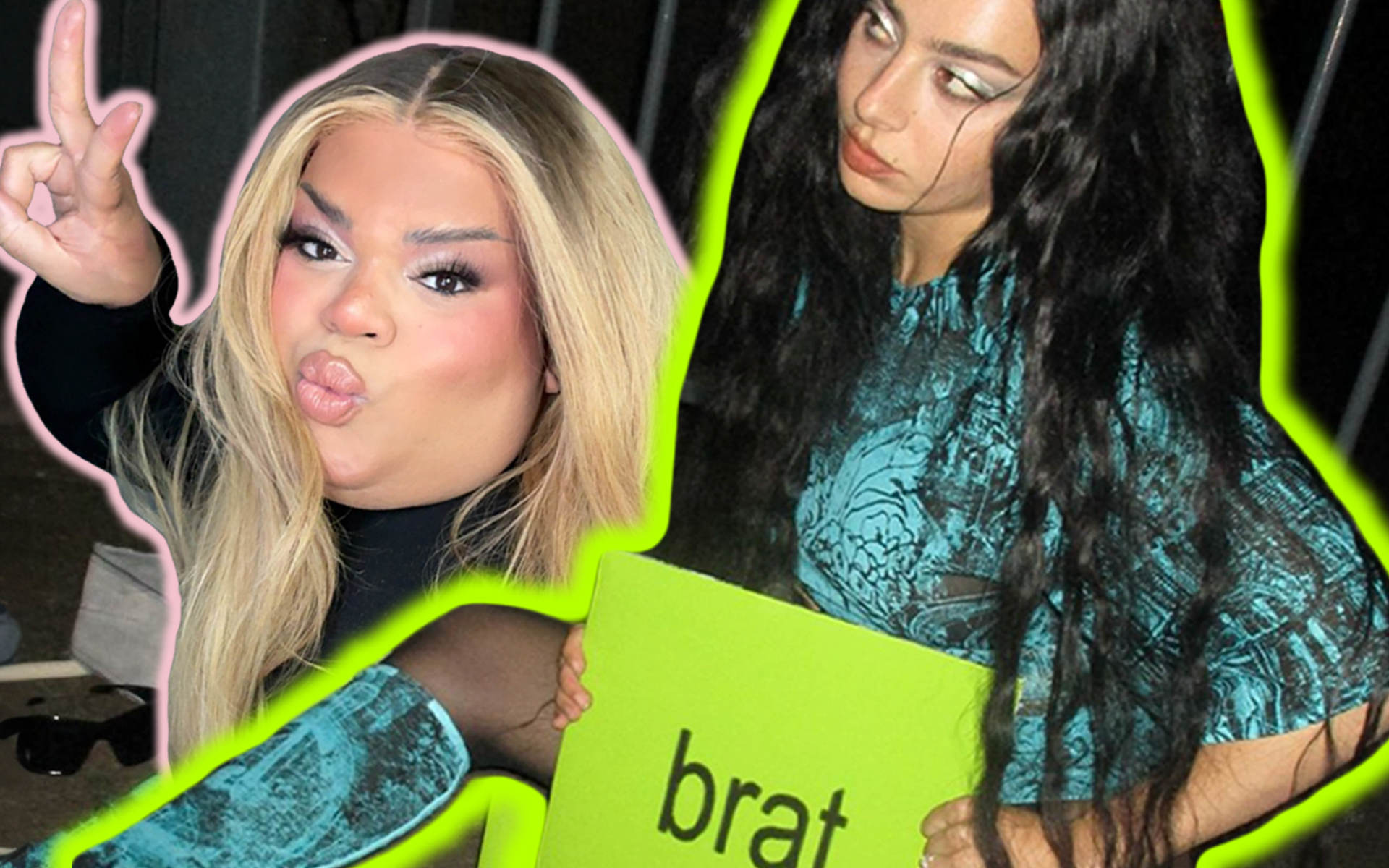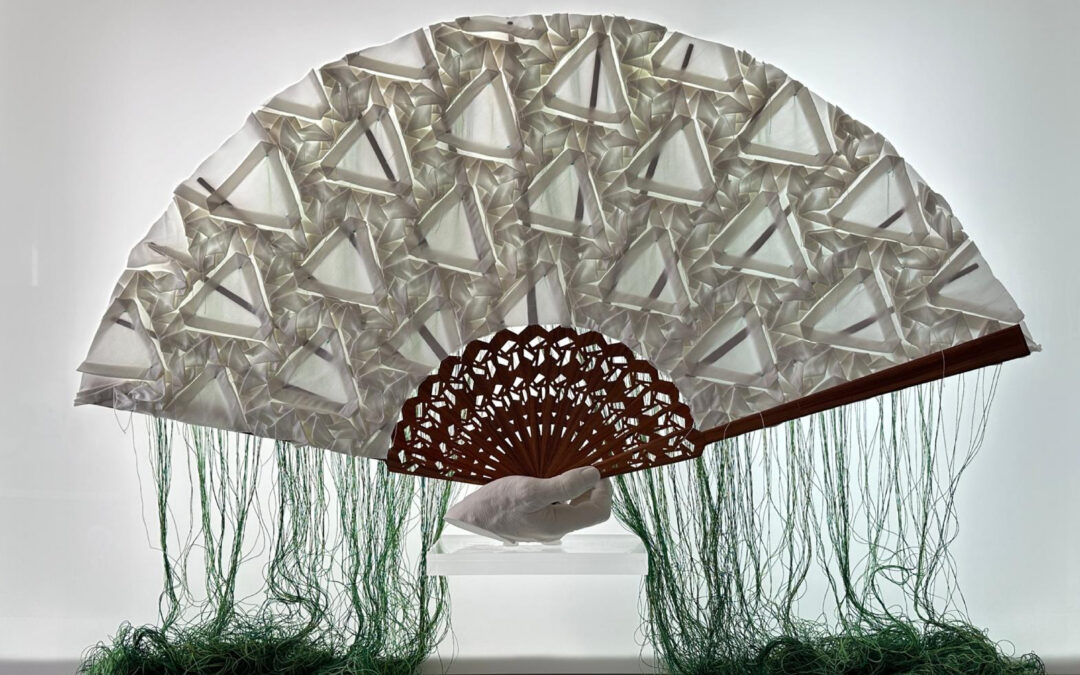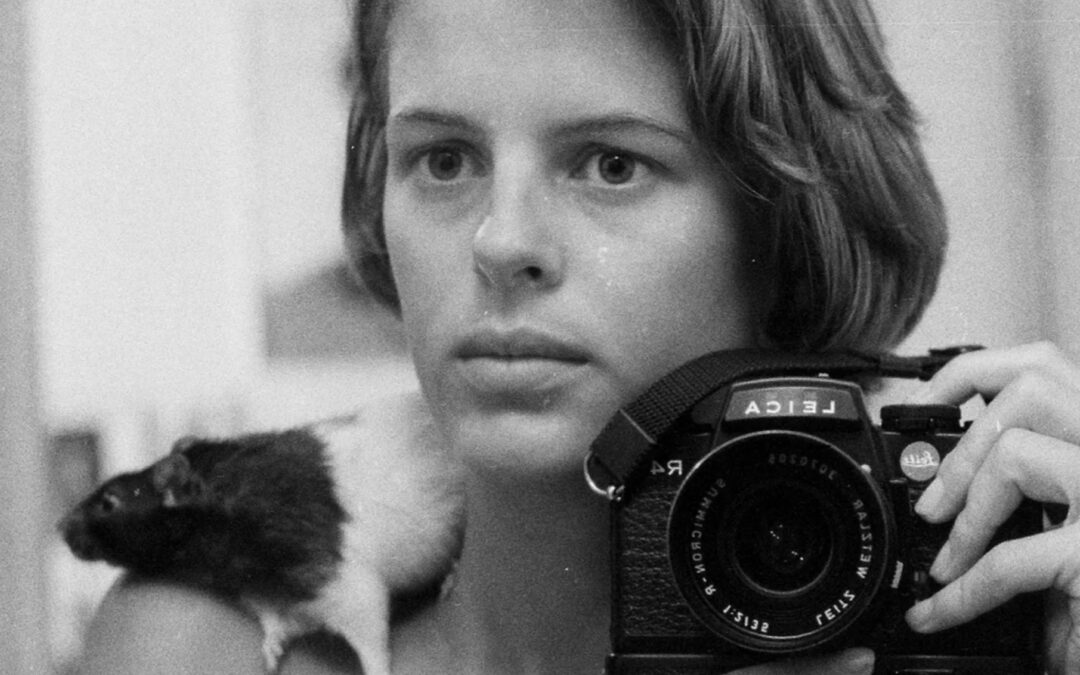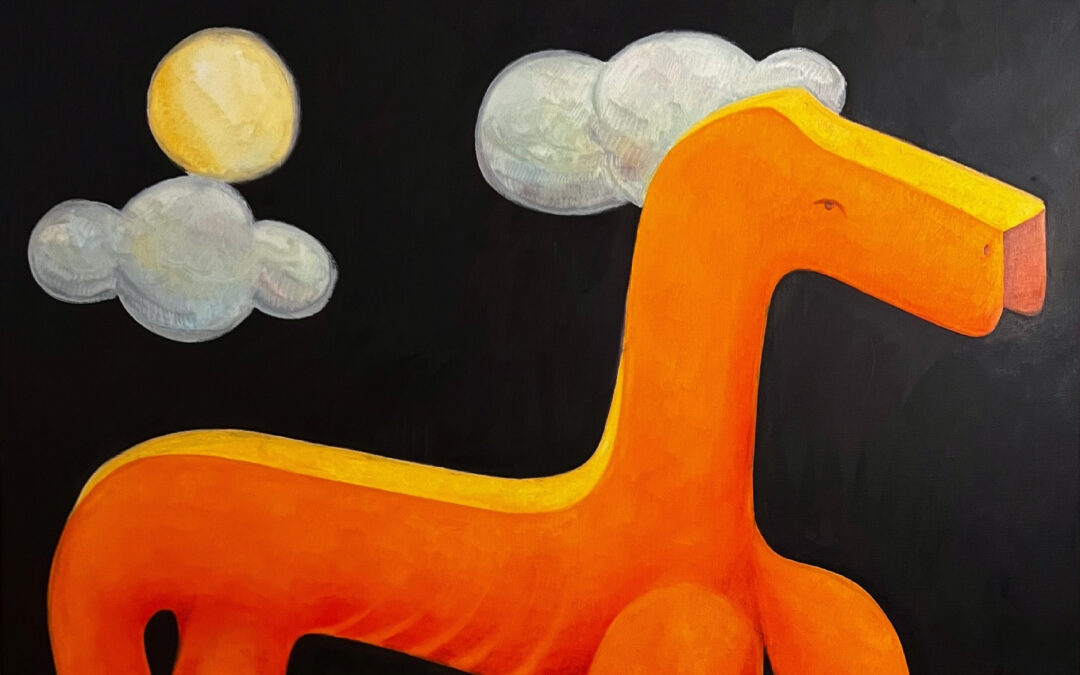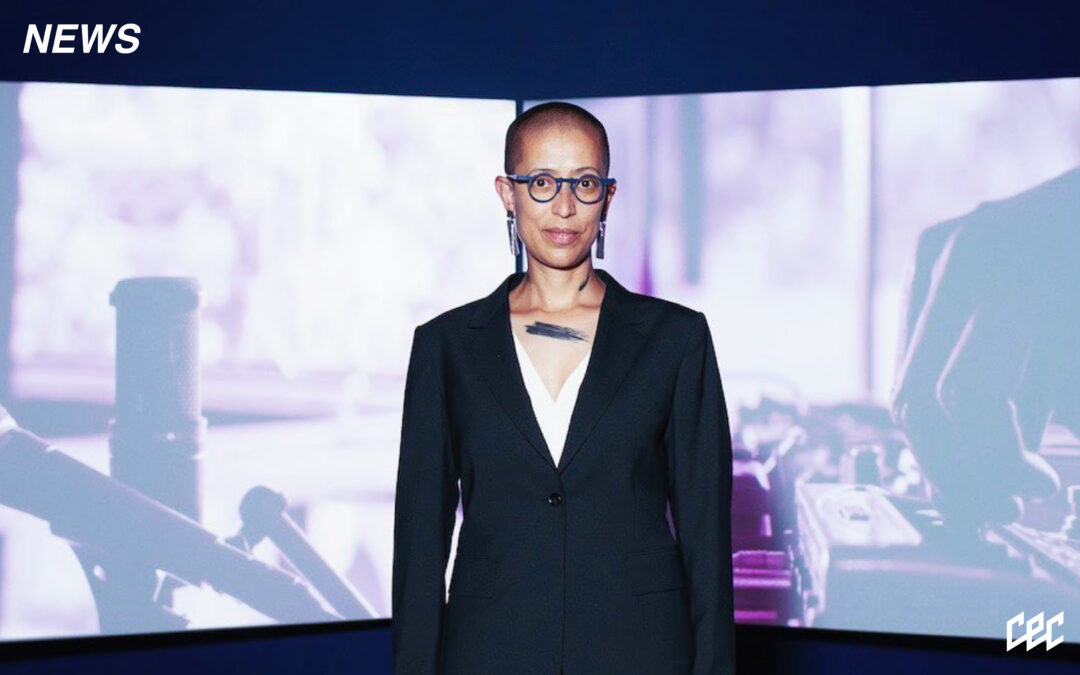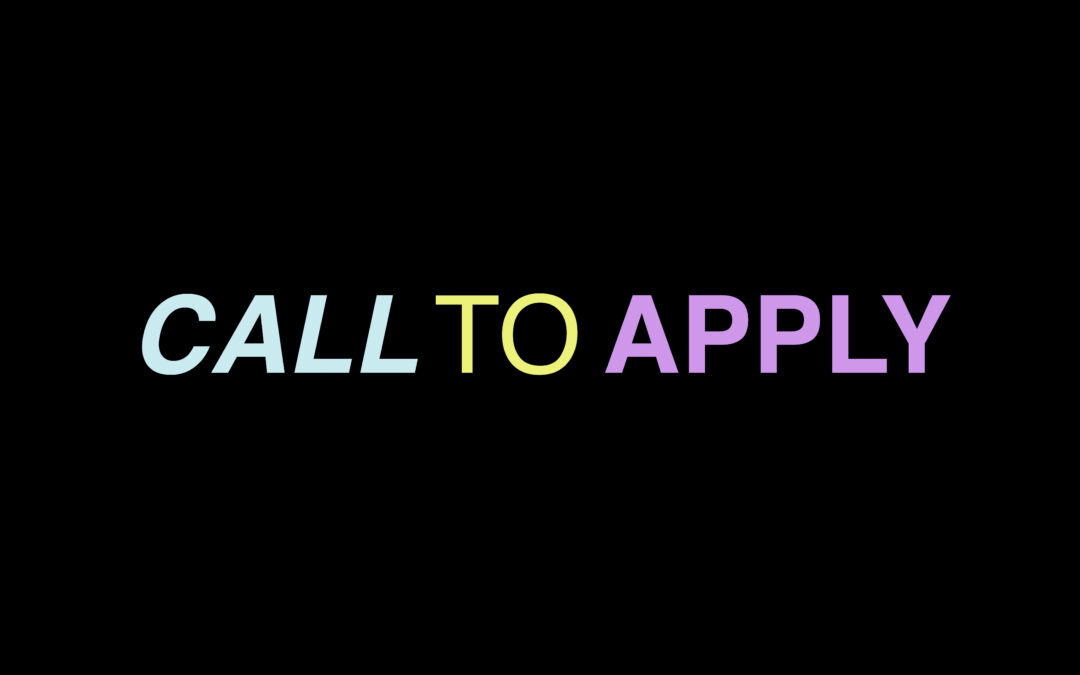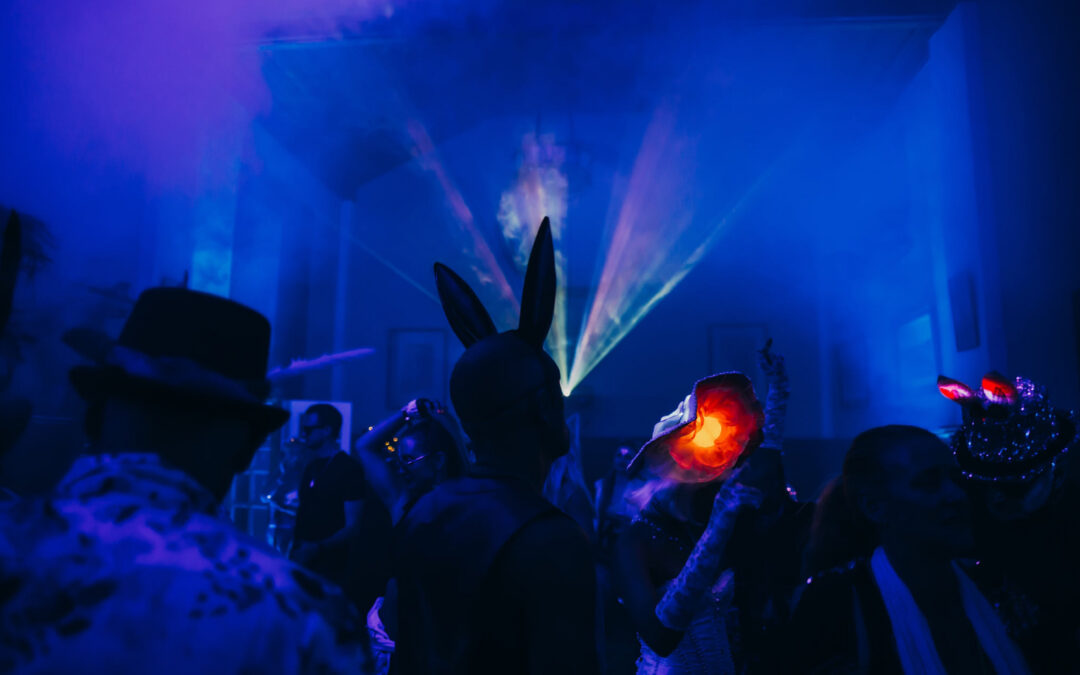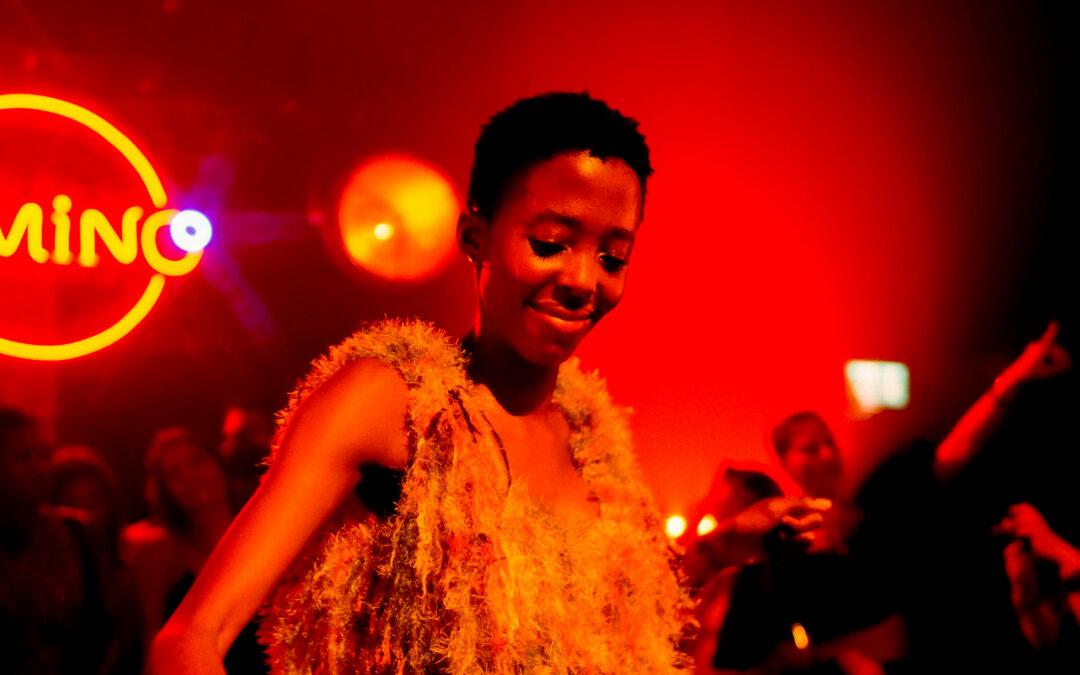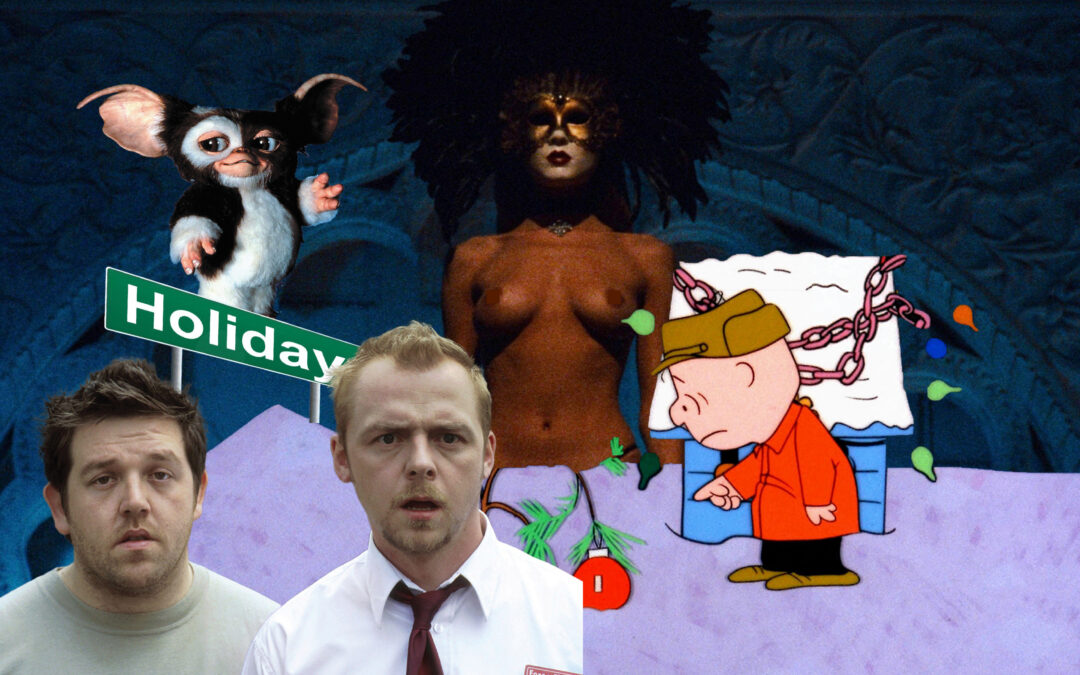It’s been a BRAT GIRL SUMMER in the northern hemisphere — Brat this, Brat that — everywhere we look, BRAT BRAT BRAT. Of course, we know, it was injected into the culture by queer icon and soft techno-pop brat mother, Charli XCX, with her album of the same name. Simple and understated, the movement was seeded in a chlorophyll hued image emblazoned with ‘brat’, lowercase, slightly blurry. Apathetic and raw, Brat evokes a bonafide TikTok-age archetype (to be Brat is to protest conformity, except armed with a great skincare routine). Brat is a mood, and a patronic style snapshot of our current cultural moment. Charli and her team have shown us one thing — from a marketing perspective, you best make sure your album artwork and accompanying assets are memeable.
When Vice President Kamala Harris found herself as the presidential candidate in July — her team, led by a rumoured cast of ‘gen-z and millennial marketing auterers’ got hold of the moniker to garner support; we witnessed a clashing of worlds that rarely collide. On TikTok, Kamala was hailed as a certified ‘brat’, and her Kamala HQ ran with the Brat movement to contrast the vitality of her persona to the dithering, grotesque and orange mess that is her opposition. Also, New York’s Mayor Eric Adams co-opted the movement, announcing his plans for a brat summer.
Virality is vitality in this day and age.
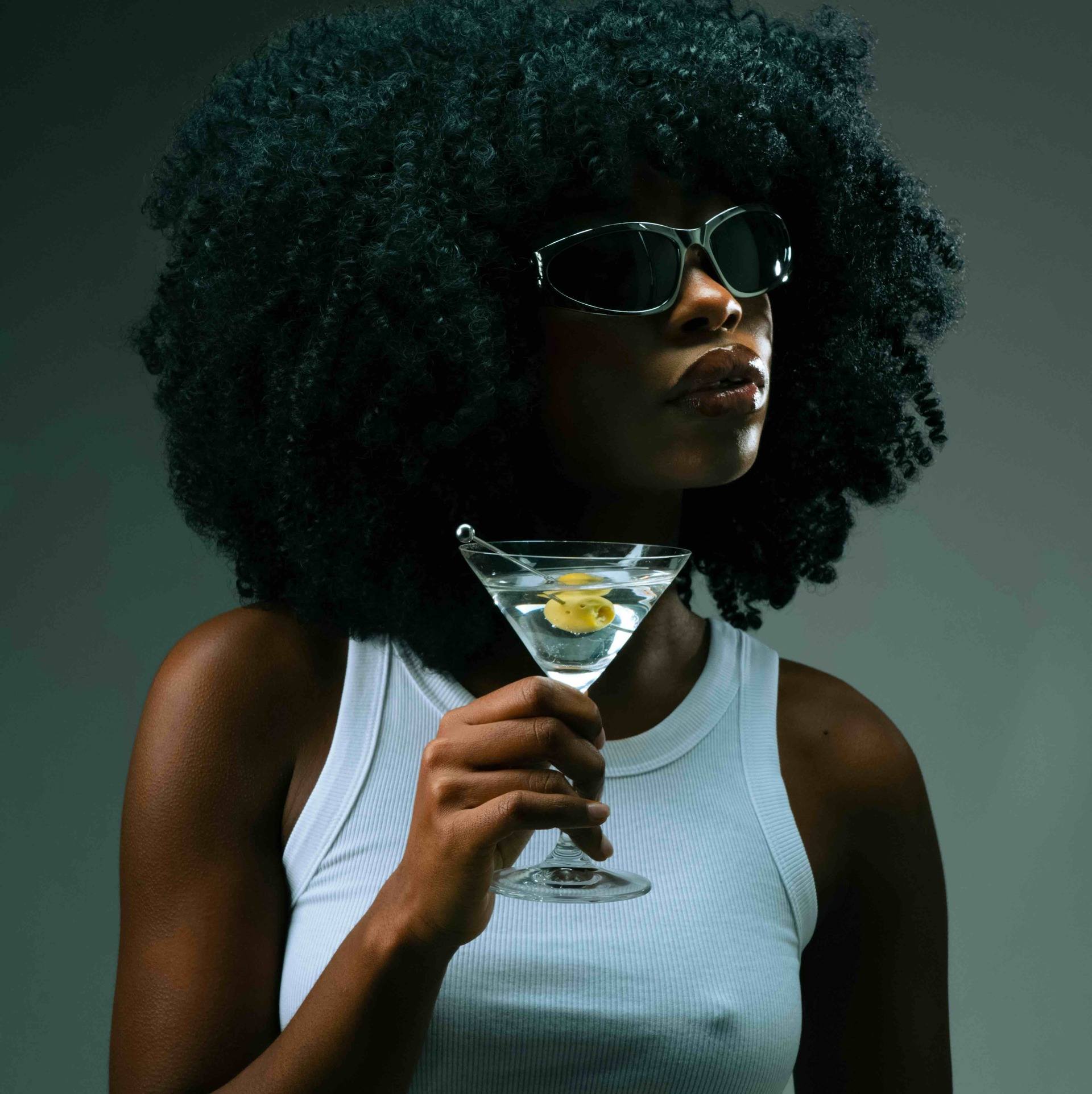
‘FIRST ROUND’ photographed by Jelly Luise, via Death To Stock

‘FIRST ROUND’ photographed by Jelly Luise, via Death To Stock
Suddenly, the obscure zeitgeists that we consume and mine for as young people on the internet, punctuated by trends and frenzied epitaphs, came head to head with the dry, barren landscape of politics. Fox News was hell bent on understanding ‘brat’, and a host of either politically disenfranchised or indifferent young people entered the political arena in America. Gay folks disseminated ‘kamala’ Brat style merch instantly — and in turn, Kamala was born again, this time as a star. A strange turn of events for an album catered to gals and gays who might spend hours in the que at Berghain, carrying their coke and ket in chrome bullet vials around their necks.
After all, many of us are a demographic of non-conformists and as young people raised on the novel and inescapable bizarre nature of the digital age — we prize hedonism, and Brat hitting the mainstream is kind of an evolution of the weirdness that continues to pervade our lives spent online. Not that we really care, and as Dazed have declared — Brat Summer Is Already Dead. It has swiftly been replaced with the ‘demure’ trend, created by TikTok beauty influencer Jools Lebron, who announced to the girls that now is the time to be, “demure, cutesy, and mindful” – and the trend has exploded like wildfire.
That being said, this is about Brat right now – dang, we can’t even catch our breath!
Content Creator Frankie AKA ‘mediations of the anxious mind’, crafts short-form video essays, exploring topics and ideas in a flat, monotone voice. In between the satirical awkwardness of his productions, his commentary often leads to flat-lining truths of searing proportions. In the video Brat Summer Explained, he had this to say, “in a consumerist society, culture takes on the commodity form. Life is no longer about meaning-making, it’s about buying products and slaying. Brat is a product of consumer behaviour, but more specifically — of audience labour. People undertake the unpaid, leisure-based tasks of posting brat-related content to their social media to accentuate their social status in ways that we can’t fundamentally understand or entirely evade,” and that, “we all claim to have brat summer, but we don’t really know what that means on a molecular level. To be Brat is to be marketed to. Beyond that? Brat remains a cultural moment that’s unsure of itself.”
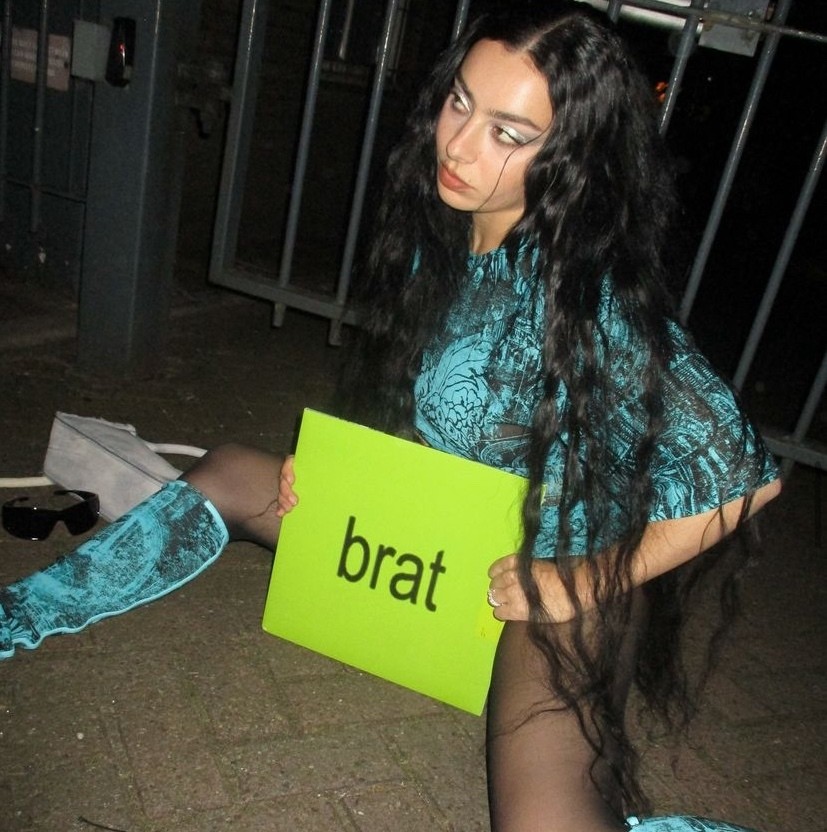
‘BRAT’ via @charlixcx Instagram

‘EDEN’ photographed by Marlen Stahlhuth via Death To Stock
And there it is — among all the brat-coded verbiage and anecdotes of the year, the movement is ostensibly a dystopian cultural case study on the effects that a very sophisticated and well-oiled marketing campaign can have on the masses. As fashion writer Elliot Hoste so brilliantly said, “with Brat, Charli has finally achieved the fully realised version of her XCX-persona: a strung-out, 365 party girl, but one who thinks about stuff a lot and has an insatiable diva complex. Most of this was achieved through the album’s marketing, which positioned itself as an off-the-cuff guerilla campaign of dive-bar drop-ins and random block parties, but was, by Charli’s own admission, meticulously planned,” and that, “Charli knows exactly who her fans are, and the campaign was practically AI-generated in its ability to exploit them.”
Philosopher and thinker, Terence McKenna, believed that our tendency toward greater complexity is evident in the evolution of life, culture, and consciousness as human beings. Seeing this as the driving force in the universe, where nature evolves from simple forms to more intricate and interconnected systems, I imagine McKenna would find Brat as wholly contextual to the way the 21st century is unfolding. The digital age has vastly accelerated the pace at which culture evolves. With the internet and our vast array of digital tools, information spreads rapidly, and trends emerge and dissipate as quickly as they occur; we are shaping complex cultural forms almost instantaneously through memes, viral content, and digital subcultures, and disposing of them even quicker — and trying to define them, is kind of obsolete.
From the perspective of McKenna’s complexity theory, Kamala HQ co-opting Brat is not unexpected; in fact, it’s right on track with where we are heading as a society pursuing more and more interconnected strands of cultural production. The purpose isn’t necessarily to ‘make meaning’ in the digital age; it’s about capturing the mood of the moment, instead. Meaning becomes an afterthought, a retrospective exercise for anyone who might feel nostalgic. What provides said meaning might be just the mere fact that it was perceived, viewed and enjoyed; the very definition of pop culture is popularity. The more ubiquitous, the more meaningful.
The ephemeral nature of digital production in 2024 also means that everything feels very surface level. Brat feels important, but it’s really just a marketing tactic; designed to capture attention quickly and generate buzz. It’s hot, messy and appealing — and being all those things is not to say it doesn’t matter. Purely because Brat is relatable, makes it a moment in and of itself. But, when we watch a movement arise from one singular person, namely a pop star (and their team), rather than through a grassroots means between communities, this rapid rise and fall of trends can create a sense of superficiality, where the deeper meaning or lasting impact of cultural moments is overshadowed by their transient appeal.
These are all interesting things to consider, and yet — who really cares? This isn’t about judging whether pop culture is inherently meaningless, because we know it isn’t (just by virtue of the connection and joy it brings people) any less than it is about highlighting just how diametrically opposed politics is from appealing to young people. Cultural phenomena like ‘Brat’ or ‘Demure’ may come to symbolise the broader issue of how our engagement with digital content is often driven by momentary excitement rather than enduring substance, and we are left reminded that trends don’t really represent meaningful shifts in cultural dynamics; instead, we’re simply witnessing yet another batch of commodified experiences and images through our screens. Not to mention how we will consume / purchase from companies who market their products pertaining to such trends.
The only true sin in life is to become boring, and that’s just not an option. Brat this, Brat that – rat girl summer – or being demure; as long as it’s queer-coded and aesthetically palpable, and we can keep our intellectual wits about us as things get weirder — then, I’m kinda into it. Cig, anyone?
Written by Holly Beaton
For more news, visit the Connect Everything Collective homepage www.ceconline.co.za

